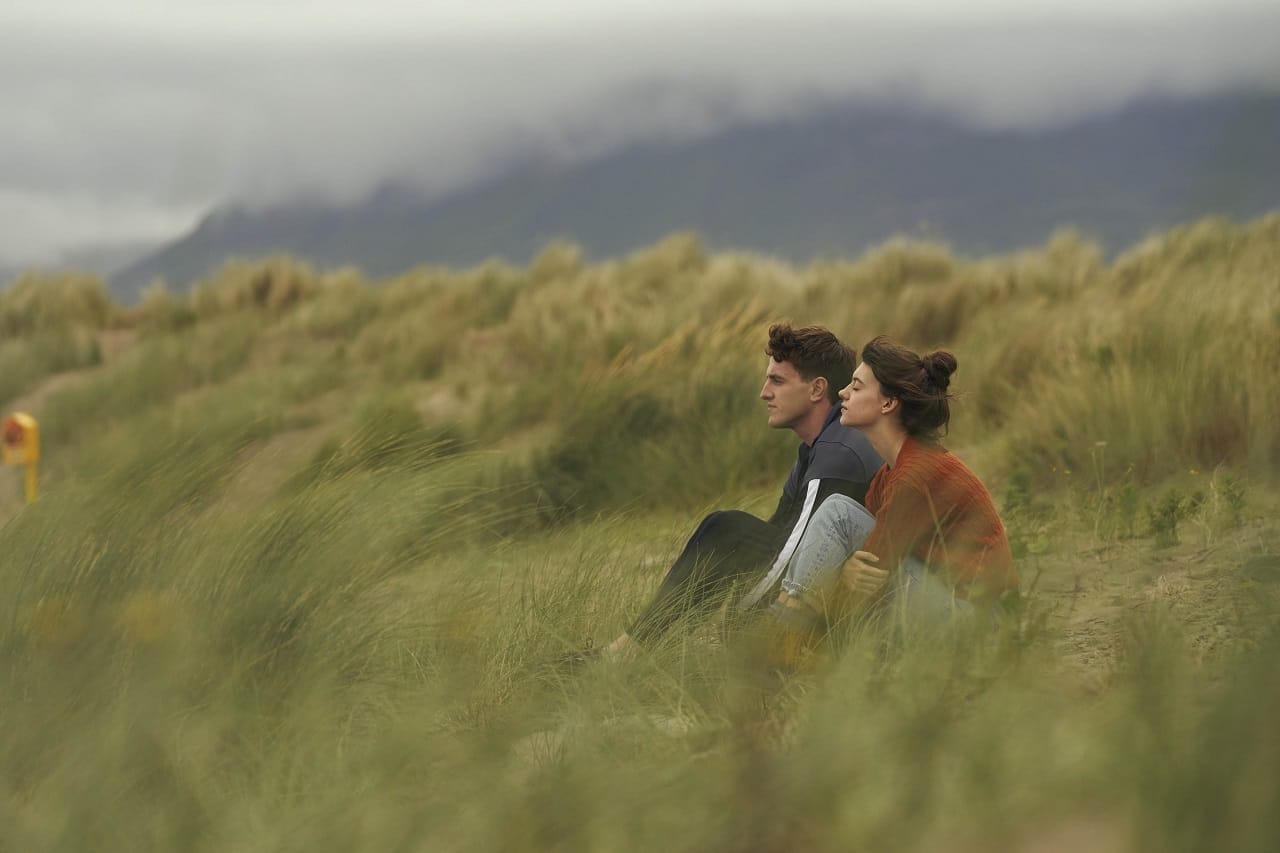By Louie Bell, First Year, Geography
Ahead of a Watershed event on 31 March celebrating the scores of Radiohead members Jonny Greenwood and Thom Yorke, Louie Bell looks at how Greenwood has particularly contributed to film composition.
When considering the greatest contemporary film composers, who springs to mind? John Williams, Hans Zimmer, Thomas Newman, Danny Elfman and Howard Shore, the list goes on. Such a list would comprise composers of some of the most popular films of the last few decades, with themes and musical motifs instantly recognisable to most people, sparking emotions and memories associated with their favourite films (a list that would sadly be overwhelmingly dominated by men).
But I would argue that some of the finest, most memorable and inventive scores of the past decade come from Jonny Greenwood, best known as the guitarist from the rock band Radiohead.
Jonny Greenwood’s association with film began with composing the soundtrack for Simon Pummel’s documentary Bodysong, released in 2003. In doing so, Greenwood expanded the musical boundaries he had already pushed with Radiohead, with a score that combines contemporary classical, jazz, and electronic influences to great effect, energising a 90-minute documentary consisting entirely of archive footage.
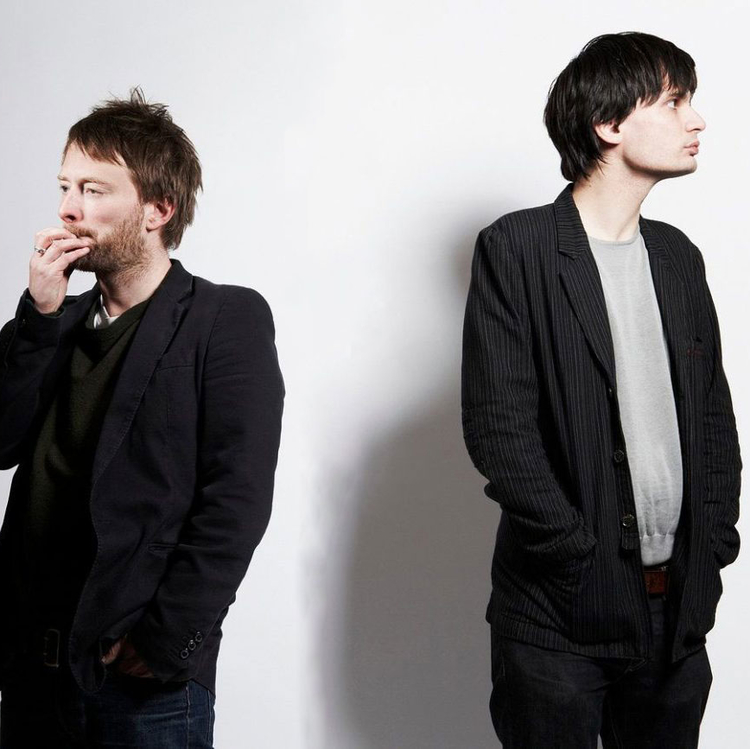
Photo courtesy of Watershed
It was 2007’s There Will Be Blood, however, that established Greenwood as a musical force to be reckoned with. Director Paul Thomas Anderson, of Boogie Nights (1997) and Punch-Drunk-Love (2002) fame, was impressed with Greenwood’s work on Bodysong and the pair collaborated on one of the most critically-acclaimed works of the 21st century. Reflecting the persona of the film’s infamous protagonist, oil prospector Daniel Plainview (Daniel Day-Lewis), the score is full of energy yet teems with unease, despair and fury through Greenwood’s use of atonal music and intense, syncopated percussion pieces.
The expanse of the desert in which Plainview madly searches for oil is conveyed through the sweeping, ever-fading strings that give the whole film a sense of being at the edge-of-the-world. Combined with Robert Elswit’s sparse cinematography and Daniel Day-Lewis’ terrifying embodiment of greed and ambition, the score elevates the film to a modern masterpiece.
Whilst widely acclaimed and tipped for an Oscar nod, the score contained a track from 2003’s Bodysong and sections from a separate Greenwood track entitled ‘Popcorn Superhet Reciever’, meaning it was excluded from the 2008 Academy Awards for use of pre-existing material to much outrage from fans of the film. Greenwood continued to work with Anderson on each of his subsequent films, most recently Phantom Thread, for which he was finally nominated for an Academy Award in 2018.
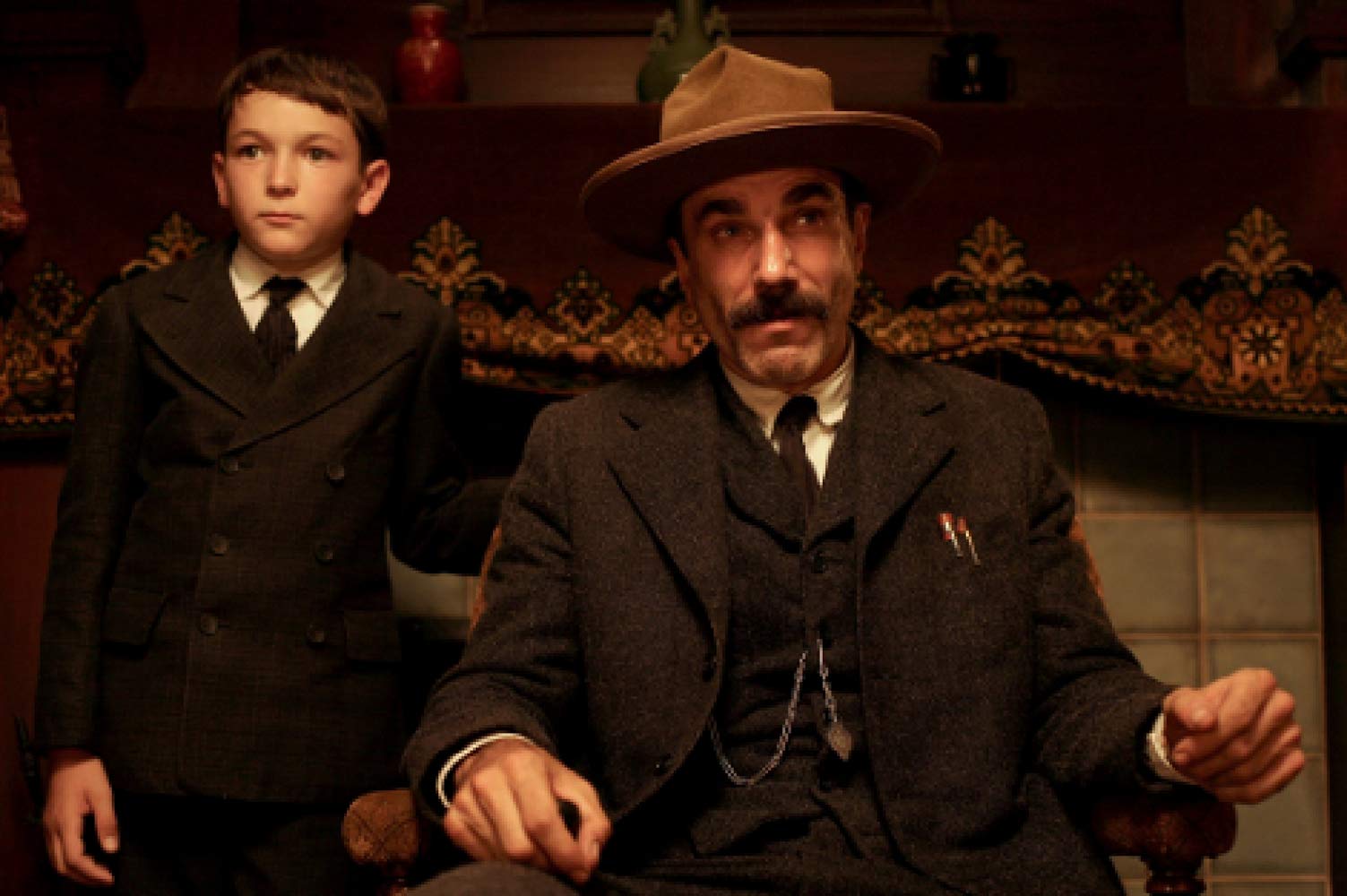
IMDb / There Will Be Blood / Paramount
When not working with Anderson, Greenwood scored two of Scottish director Lynne Ramsay’s films. Last year’s superb existential thriller You Were Never Really Here (2017) saw Greenwood explore contrasting electronic instrumentation, producing a twisted, fracturing score that again reflects the temperament of its traumatised, violent and almost psychotic protagonist, Joe (Joaquin Phoenix).
What makes Greenwood’s scores so distinctive, however, is the sense of presence that his music has within the film it plays over. From his very beginnings with Bodysong, the message of the music is vital as the film itself is otherwise silent. The documentary is simply a series of images and videos in sequence that play under Greenwood’s score, therefore what the music evokes is central to audience experience. How the music interacts with the image is a priority for Greenwood and clearly the directors he works with.
This is shown repeatedly in his work. The Master (2012) is brimming with post-war emotional disturbance, hence the score bounds between calm and chaos in an instant. Inherent Vice (2014) swims with nostalgia for the hippie daydream of the 1960s, thus the music carefully interweaves between classic songs from the time.
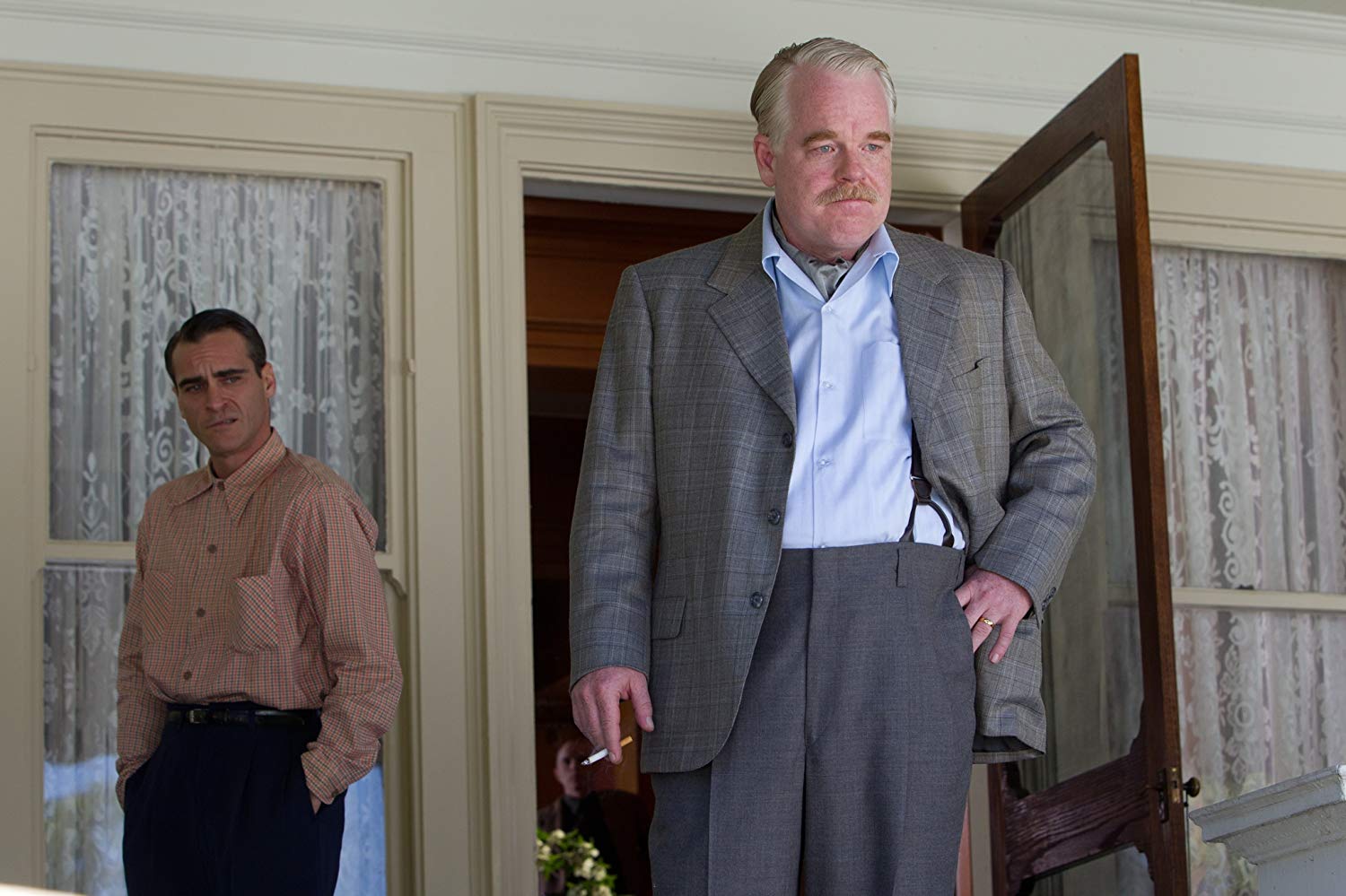
IMDb / The Master / The Weinstein Company
Greenwood took a more conventional turn with 2018’s Phantom Thread (showing again for a one-off this Sunday at The Watershed Bristol), which utilises influences from English classical music and influences from jazz pianist Bill Evans, but the sweeping, soaring strings and muted piano melodies perfectly evoke the opulence and beauty of 1950s upper class London.
Paul Thomas Anderson and Lynne Ramsay in their ‘Greenwood years’ have produced films that are far more ambient, minimalist and lacking in dialogue, prioritising the ‘show-don’t-tell’ aspect of cinema that has been somewhat lost in the age of CGI-heavy mega-blockbusters. A score that weaves into and tells the story almost as much as the image is vital to these types of films; it must go beyond just ‘filling-in’ the background with emotive music.
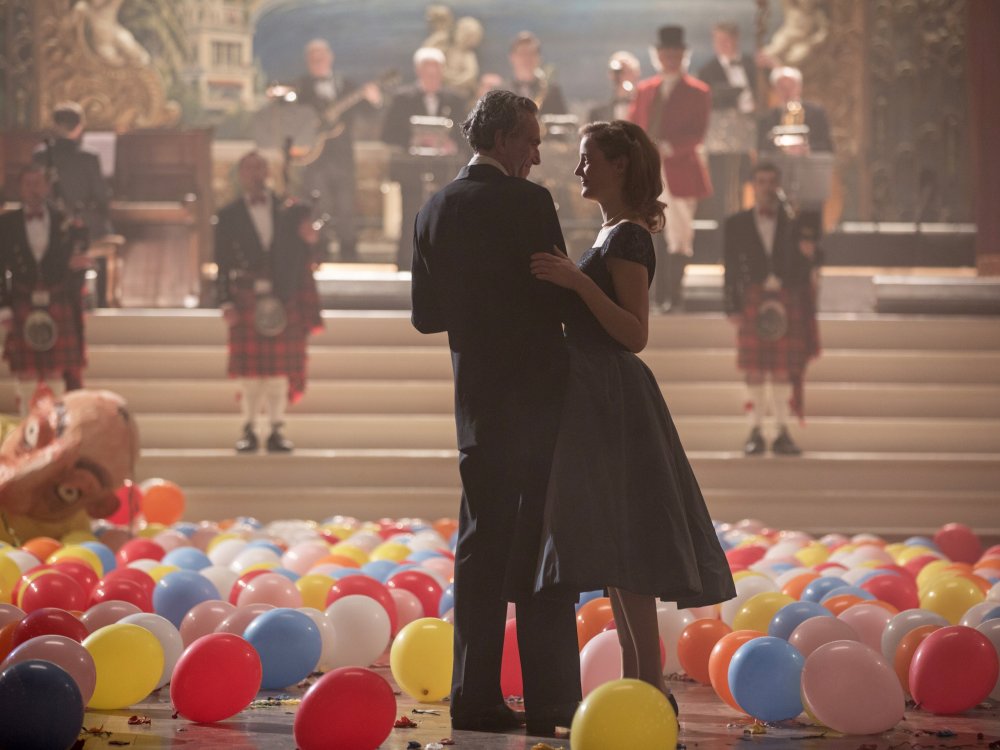
IMDb / Phantom Thread / Focus Features
This is why Jonny Greenwood’s scores have such a presence, why they produce such a distinctive soundscape, and why they are so celebrated amongst the fans of the films he works on.
The Watershed event is on the 31st March.
Featured Image Credit: Photo courtesy of Watershed
What are some of your favourite Greenwood scores?
Facebook // Epigram Film & TV // Twitter





